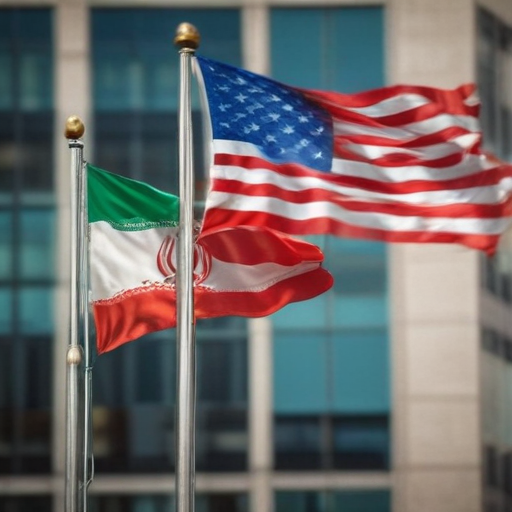In a significant decision made shortly after taking office, President Donald Trump has ended the Secret Service protection for his former national security adviser, John Bolton. Bolton confirmed this development in an interview, stating that he was disappointed but not surprised by the move.
Bolton has faced ongoing threats from Iran, particularly in light of the Iranian Revolutionary Guard’s past actions, including a 2022 incident where the Justice Department charged an official for allegedly attempting to hire a hitman to target him. Recognizing these threats, President Joe Biden reinstated Bolton’s Secret Service protection when he assumed office in 2021.
Bolton has been an outspoken critic of Iran and previously served under former President George W. Bush, where he consistently advocated against the 2015 nuclear agreement, which he believed was too lenient on Iran. Trump’s decision to withdraw the U.S. from that deal in May 2018 coincided with Bolton’s tenure as national security adviser, a role he was ultimately dismissed from in September 2019.
After Bolton’s departure from the White House, he authored a book alleging that Trump was ill-informed about foreign policy and frequently sought assistance from foreign leaders to influence domestic political outcomes, leading to tensions between the two.
Trump’s recent action to revoke Bolton’s security clearance is part of a broader pattern, as many former national security officials lost their clearances with his signature. This highlights the evolving dynamics within the realm of U.S. foreign policy and national security, reflecting deep divisions in opinions and strategies.
As this story unfolds, it underscores the complexities of U.S. relations with Iran and the personal consequences faced by former officials involved in high-stakes foreign policy decisions. The ongoing threats against Bolton remind us of the lasting implications of past policies and decisions.
This transition in security measures highlights not just the changes in administration priorities but also the continuing volatility of U.S.-Iran relations, which have been marked by longstanding tensions and geopolitical maneuvers. As more updates emerge, the implications of these actions will continue to resonate within national security and foreign policy discussions.
